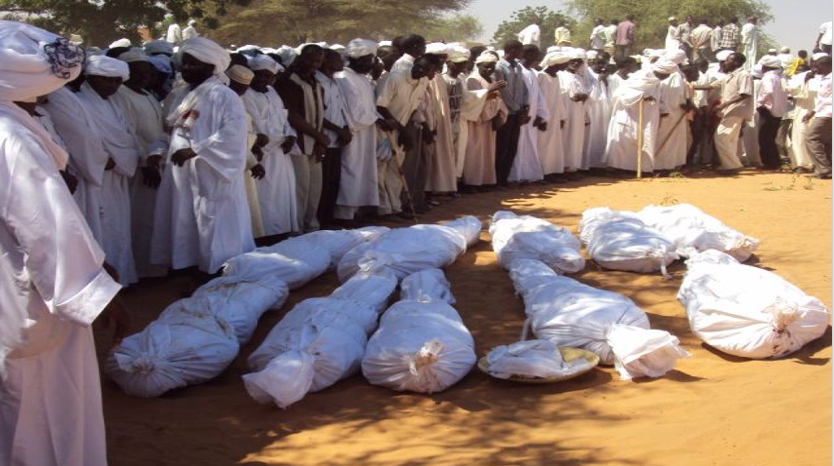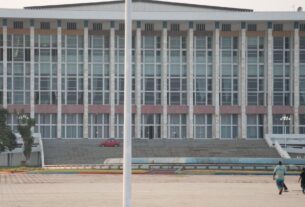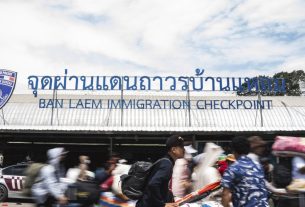The UN High Commissioner for Human Rights, Volker Türk, voiced grave concern on Friday following reports of summary executions in Khartoum North, Sudan. The incidents, allegedly carried out by fighters allied with the Sudanese Armed Forces (SAF), have resulted in civilian deaths since the SAF regained control of the region.
The UN Human Rights Office has verified at least 18 deaths, including one woman, across seven incidents since January 25. Most victims were from Sudan’s conflict-affected regions of Darfur and Kordofan. Türk called the killings war crimes and demanded urgent investigations conducted under international law.
Disturbing Evidence of Targeted Killings
Türk’s statement also referenced disturbing video footage from January 30, which shows SAF personnel and members of the Al Baraa Bin Malik Brigade identifying individuals accused of collaborating with the rival Rapid Support Forces (RSF). The lists marked those individuals for execution, highlighting the alarming trend of summary killings amidst the ongoing conflict.
Further escalation of violence has led to devastating attacks, including a drone strike on Al-Saudi Maternity Hospital that killed 67 people and injured 19. Additionally, shelling at the Abu Shouk displacement camp resulted in the deaths of nine civilians.
Conflict’s Broader Impact
The violence is part of the larger conflict between the SAF, led by General Abdel Fattah al-Burhan, and the RSF, commanded by General Mohamed Hamdan Dagalo. The two former allies turned rivals when their power-sharing agreement dissolved into warfare in April 2023.
The humanitarian toll is catastrophic. The International Committee of the Red Cross (ICRC) reported widespread attacks on civilian infrastructure, including power plants, water stations, and dams in several Sudanese states. These attacks, which disrupt essential services and endanger maintenance teams, violate international humanitarian law and the Jeddah Declaration of May 2023, which aimed to facilitate ceasefires and humanitarian aid distribution.
Atrocities Documented by Human Rights Watch
Human Rights Watch (HRW) has condemned the actions of both warring factions for their role in the violence. The organization’s 2025 World Report notes the extensive atrocities committed by both sides, including indiscriminate bombing, the deliberate destruction of civilian infrastructure, sexual violence, and the obstruction of aid. HRW documented cases where RSF forces employed sexual violence as a weapon of war in Al Gezira, Nyala, and Zalingei.
The Humanitarian Crisis
The ongoing conflict has triggered one of the largest humanitarian crises in the world. Since the fighting began in April 2023, more than 10.8 million people have been displaced. Access to essential services has been severely restricted, with both SAF and RSF imposing barriers that prevent aid from reaching those in need. According to HRW, SAF-controlled areas have seen bureaucratic restrictions that hinder humanitarian operations, while RSF forces have interfered with hospitals and engaged in widespread looting.
International Accountability
In response to these widespread violations, the International Criminal Court (ICC) launched an investigation in July 2023 into potential war crimes and crimes against humanity committed during the conflict. The global community continues to call for accountability and an end to the violence, as Sudan remains embroiled in one of the most devastating humanitarian crises of the 21st century.
As the conflict drags on, the need for international intervention, humanitarian aid, and political solutions remains critical to alleviating the suffering of millions of Sudanese civilians.
Picture By Ahmed SHareef2nd – Own work, on Wikipedia CC BY-SA 3.0



